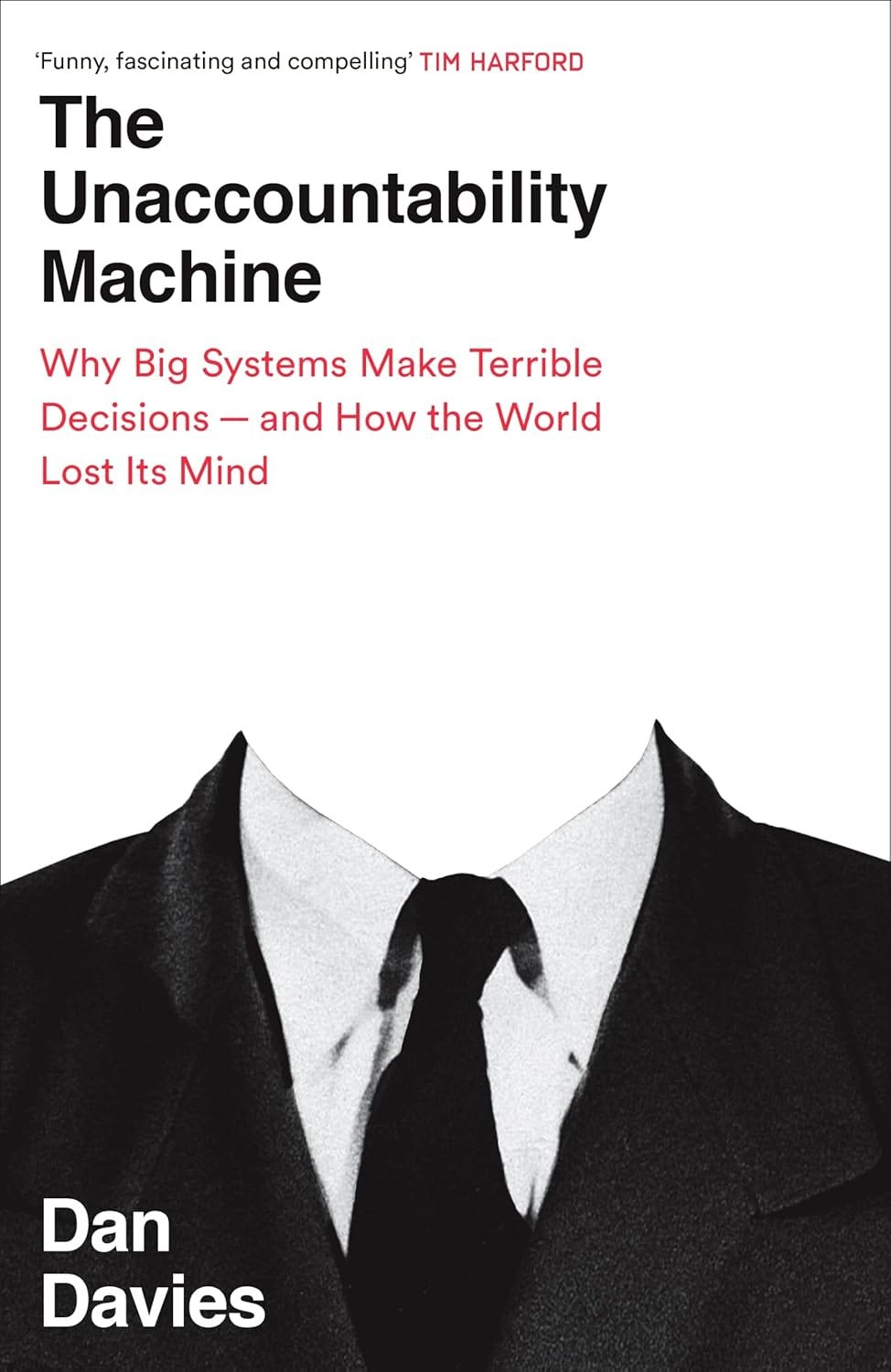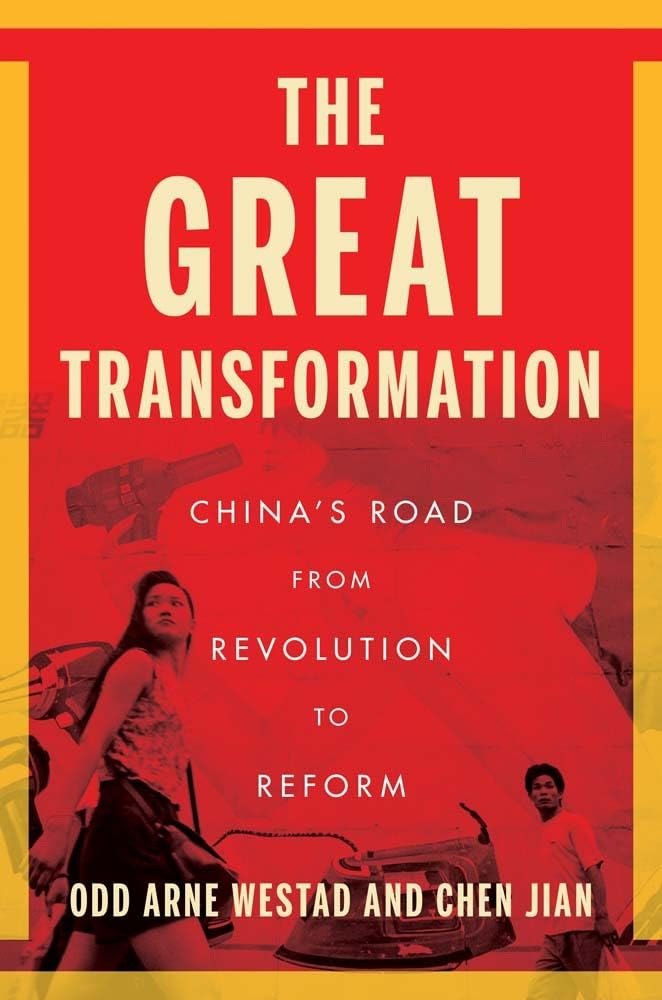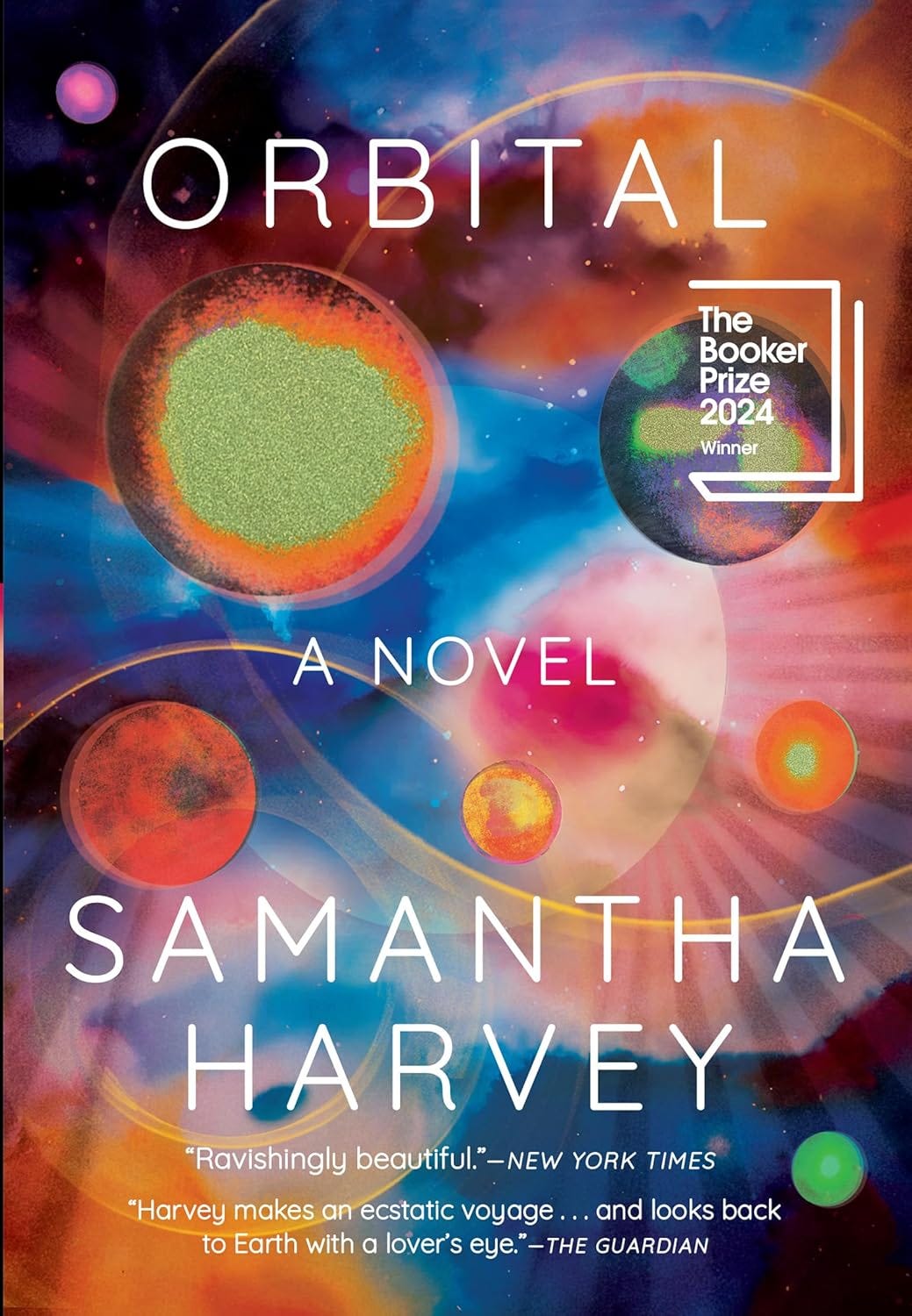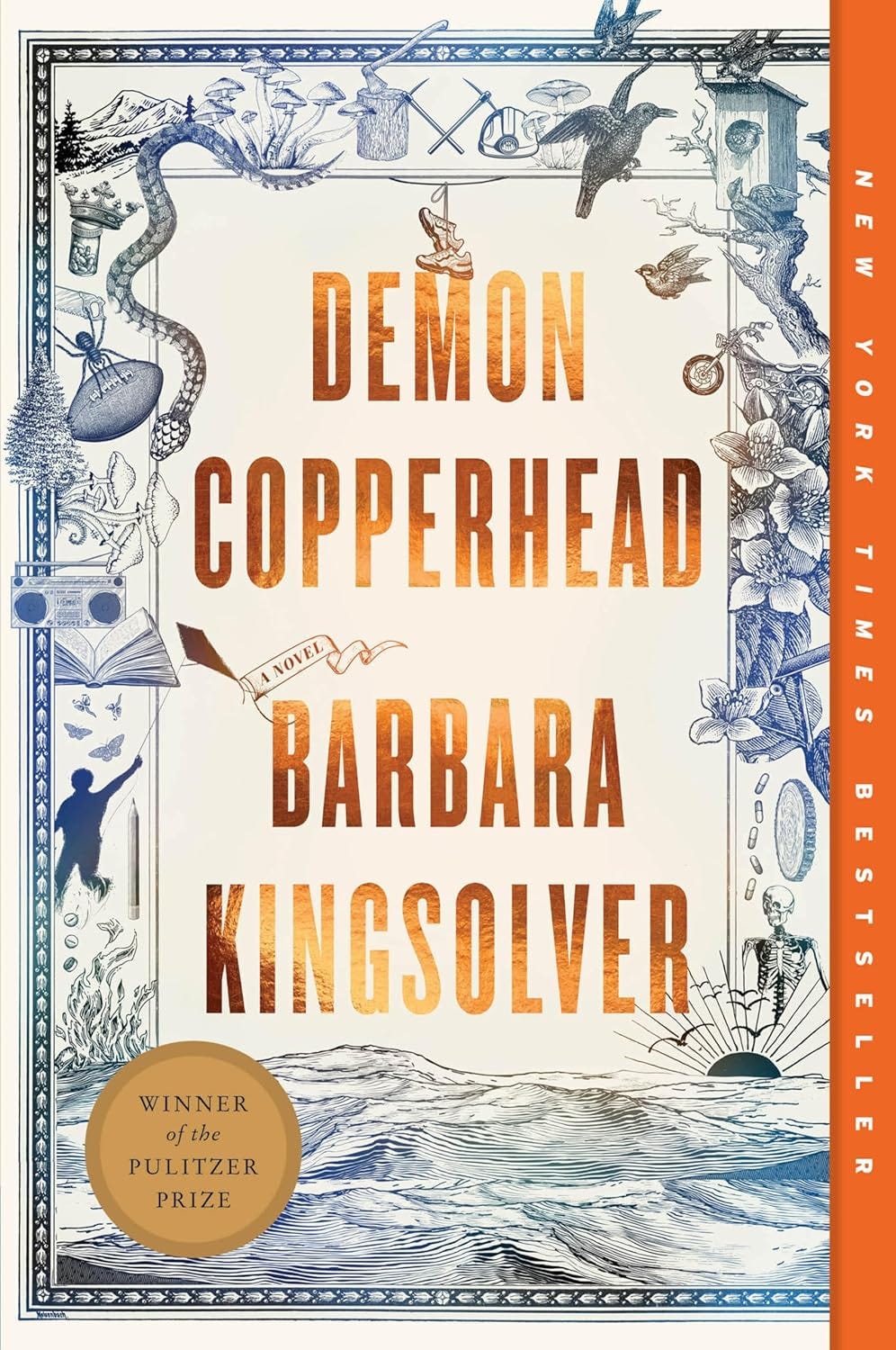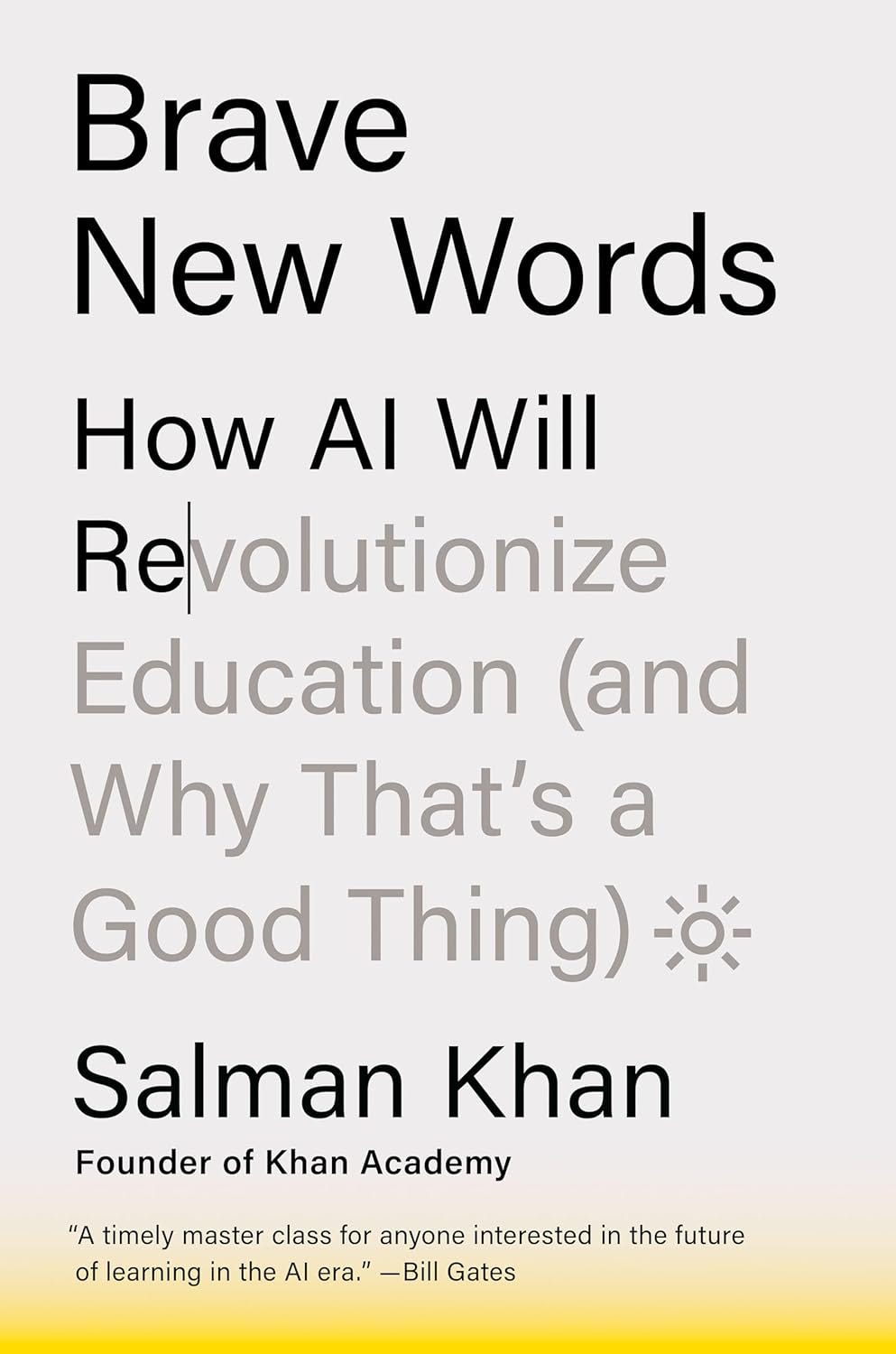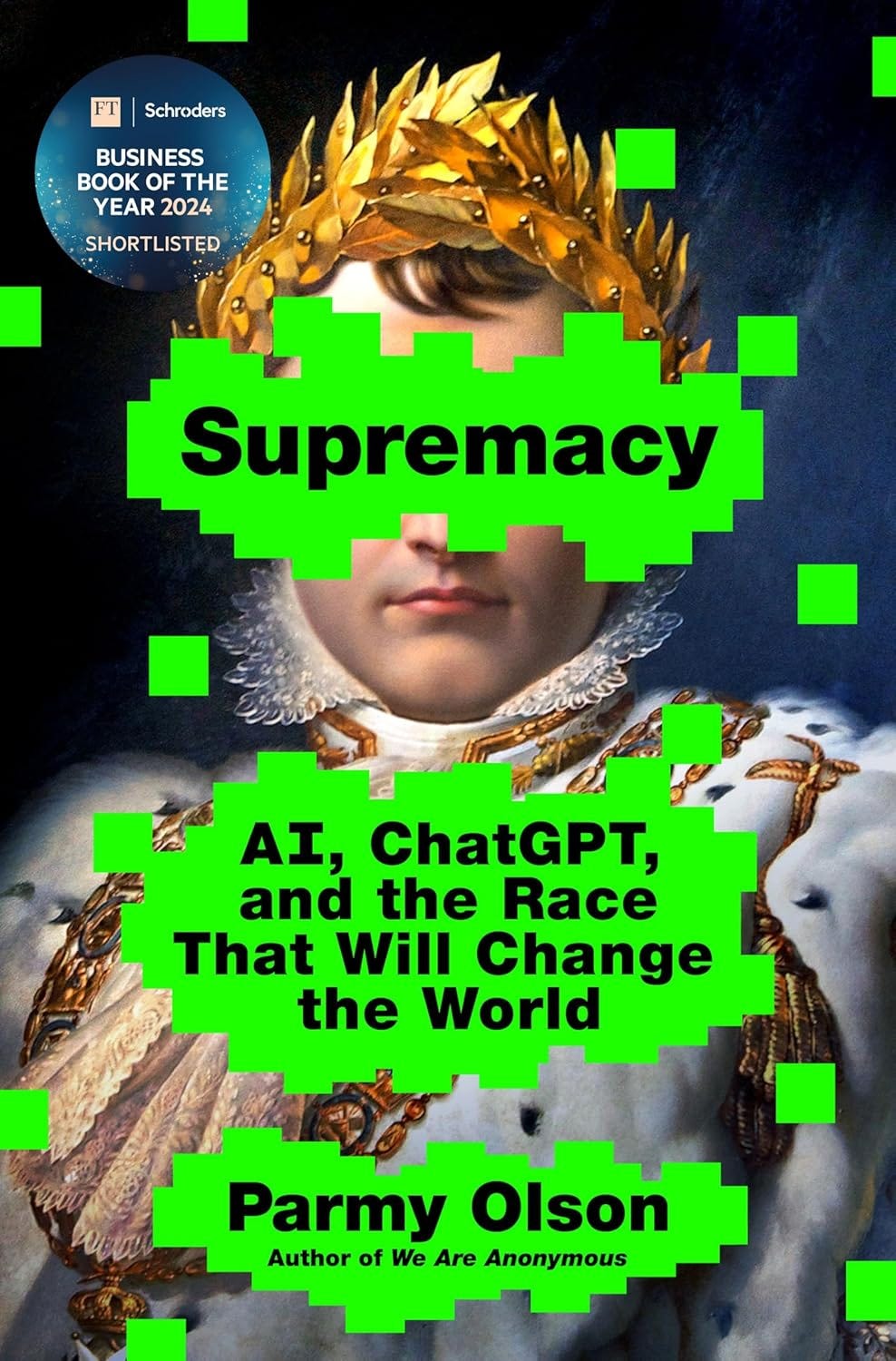The Unaccountability Machine: Why Big Systems Make Terrible Decisions - and How The World Lost its Mind: Dan Davies delivers a mordant examination of how our most vital institutions have become exercises in blame-shifting rather than problem-solving. With the precision of a watchmaker and the wit of a satirist, Davies dissects the perverse incentives that lead bureaucracies to prioritize self-preservation over public good. His analysis of the 2008 financial crisis—where box-checking compliance replaced actual risk management—reads like a thriller written by a wonk who's seen it all. At a moment when institutional failure seems endemic, Davies has provided an essential autopsy of how things go wrong in an age of sprawling systems, and why no one ever seems to pay the price.
The Great Transformation: China’s Road from Revolution to Reform: Historians Odd Arne Westad and Chen Jian unfold the extraordinary tale of China's metamorphosis from revolutionary state to economic powerhouse with the narrative drive of a political thriller. Their account pivots on telling moments like Deng Xiaoping's masterful ideological sleight of hand, when he recast market reforms as socialist innovation to a skeptical Party apparatus. Drawing on fresh archival material and interviews, the authors illuminate how a cadre of guerrilla fighters evolved into technocratic modernizers, orchestrating what may be the most dramatic peacetime transformation in human history. The result is both a compelling origin story of contemporary China and a meditation on how nations reimagine themselves without fully abandoning their founding myths.
The Golden Road: How Ancient India Transformed the World: William Dalrymple upends conventional narratives of ancient globalization, revealing India not as a passive recipient of outside influences but as a radiating center of cultural and intellectual power. With his characteristic blend of scholarly rigor and storytelling verve, Dalrymple follows the spread of Indian ideas along the silk and spice routes, where merchants carried not just gems and textiles but Buddhism, mathematics, and architectural principles that would reshape societies from Persia to Cambodia. His description of Angkor Wat—a massive Hindu temple complex rising from the Cambodian jungle—becomes a masterly set piece illustrating how thoroughly Indian concepts of sacred space and divine kingship penetrated Southeast Asian imagination. The book reads like an archaeological thriller, with each unearthed artifact and restored monument revealing new dimensions of India's role as a civilizational crossroads during its first great age of influence.
AI Snake Oil: What Artificial Intelligence Can Do, What It Can’t, and How to Tell the Difference: Arvind Narayanan and Sayash Kapoor serve as clear-eyed guides through the fog of artificial intelligence hype, wielding data and deadpan analysis like a pair of tech-world Diogenes. Their examination of AI's stumbles in healthcare—where a supposedly neutral algorithm effectively rationed care along racial lines—reads like a digital-age version of "The Emperor's New Clothes." The authors bring a refreshing sobriety to their subject, acknowledging AI's genuine achievements while methodically deflating grandiose claims about its capacity to solve complex social problems. At a moment when every tech presentation seems to promise AI-powered salvation, their careful parsing of what these systems can and cannot do feels less like criticism than public service.
The Corporation in the 21st Century: Why (Almost) Everything We Are Told About Business Is Wrong: John Kay dismantles our shopworn assumptions about how successful businesses actually work, with the methodical precision of a master watchmaker reverse-engineering a broken timepiece. His autopsy of fallen giants like General Electric—where shareholder worship became a kind of corporate religion—illustrates how yesterday's business gospel has become today's cautionary tale. Drawing on decades as both scholar and corporate adviser, Kay argues that modern firms succeed not through the brute accumulation of assets but through webs of knowledge and collaboration that can't be captured on any balance sheet. The result is both an epitaph for industrial-age thinking and a blueprint for reimagining the corporation for an era where ideas, not physical capital, reign supreme.
Orbital: A Novel: Winner of the 2024 Booker Prize, Samantha Harvey transforms the cold mechanics of space travel into an intimate meditation on human consciousness, achieving the literary equivalent of watching Earth rise over the lunar horizon. Set aboard a space station that becomes both crucible and observatory for human nature, the novel weaves together its characters' interior lives with the same mysterious precision that keeps satellites in their celestial paths. Harvey's prose moves between the microscopic and the cosmic with breathtaking control, finding in each character's private universe echoes of the infinite void just beyond the station's walls. The result is a work that makes us feel simultaneously infinite and infinitesimal—a novel that, like space itself, expands the more deeply we peer into it.
Demon Copperhead: A Novel: Barbara Kingsolver transplants Dickens's bildungsroman to contemporary Appalachia with such natural grace that the novel feels less like an adaptation than a story waiting to be told. Her young hero's voice—equal parts grit and poetry—carries us through a landscape of trailer parks and foster homes, pill mills and mountain hollers, where systemic poverty proves as grinding as any Victorian workhouse. Kingsolver's genius lies in how she transforms social critique into living breath: every character, from meth-addicted mothers to well-meaning social workers, emerges fully formed and fiercely alive. The result is a great American novel that happens to share DNA with a British classic—a book that, like its predecessor, finds beauty and humor in the darkest corners of its world while refusing to look away from the systems that create such darkness.
8. Accelerating India’s Development: A State-Led Roadmap for Effective Governance: Karthik Muralidharan dissects India's governance challenges with the precision of a surgeon and the urgency of an emergency room doctor. Through granular analysis of public services—from village schools to urban hospitals—he builds a devastating case for radical decentralization of power. His comparison of local government funding in India and China (3% versus 50% of national budgets) becomes not just a statistic but a parable of missed opportunity, illuminating how the world's largest democracy has paradoxically maintained colonial-era centralization even as its authoritarian neighbor embraced local autonomy. The book reads as both a diagnosis of institutional sclerosis and a practical prescription for unleashing India's potential through bottom-up governance.
9. Brave New Words: How AI Will Revolutionize Education (and Why That's a Good Thing): Sal Khan charts the educational revolution with the measured optimism of someone who has already transformed how millions learn. Drawing on his experience developing Khan Academy's AI tutor Khanmigo, he presents artificial intelligence not as a teacher replacement but as a democratizing force—a digital Socrates available to any student with an internet connection. Khan writes with the enthusiasm of a favorite professor and the sobriety of a veteran innovator, showing how AI can help fulfill education's oldest promise: meeting each student where they are. His vision of technology-enhanced learning feels less like science fiction than an overdue recognition that the future of education needn't choose between human wisdom and machine capabilities.
Other Rivers: A Chinese Education: Peter Hessler returns to the landscape of his celebrated "River Town" with the contemplative depth of a traveler revisiting a place that has shaped him as much as he once sought to understand it. Like a master landscape painter returning to a familiar scene in different light, Hessler finds new textures and meanings in China's transformation, his prose carrying both the authority of long experience and the humility of perpetual discovery. His portraits of former students—now middle-aged professionals navigating China's economic miracle—become powerful metaphors for the nation's journey from isolated curiosity to global power. The book achieves that rarest of literary feats: a sequel that deepens rather than merely extends its predecessor's achievements, offering wisdom that could only come from sustained engagement with a place and its people. The book includes probably one of the finest and funniest sentences ever written: “The best Hamlet I ever taught died in Horatio’s arms, joined the Communist Party, moved to Tibet, and became a cadre in the Propaganda Department.”
Supremacy: AI, ChatGPT, and the Race that Will Change the World: Winner of the FT and Schroders Business Book of the Year 2024. Parmy Olson delivers a propulsive account of Silicon Valley's new space race—not toward the stars but toward artificial general intelligence. With the narrative tension of a thriller, she chronicles how OpenAI's Sam Altman and DeepMind's Demis Hassabis transformed from idealistic AI researchers into tech-world titans, their initial dreams of beneficial AI increasingly entangled with corporate ambitions and market pressures. Through unprecedented access to the key players, Olson reveals how the race for AI supremacy has become a proxy war between tech giants Microsoft and Google, with humanity's future as the stakes. Her reporting is most piercing when exposing the gap between Silicon Valley's utopian rhetoric and the messy reality of deploying potentially flawed systems into the wild—a sobering reminder that those reshaping our technological future are all too human themselves.




